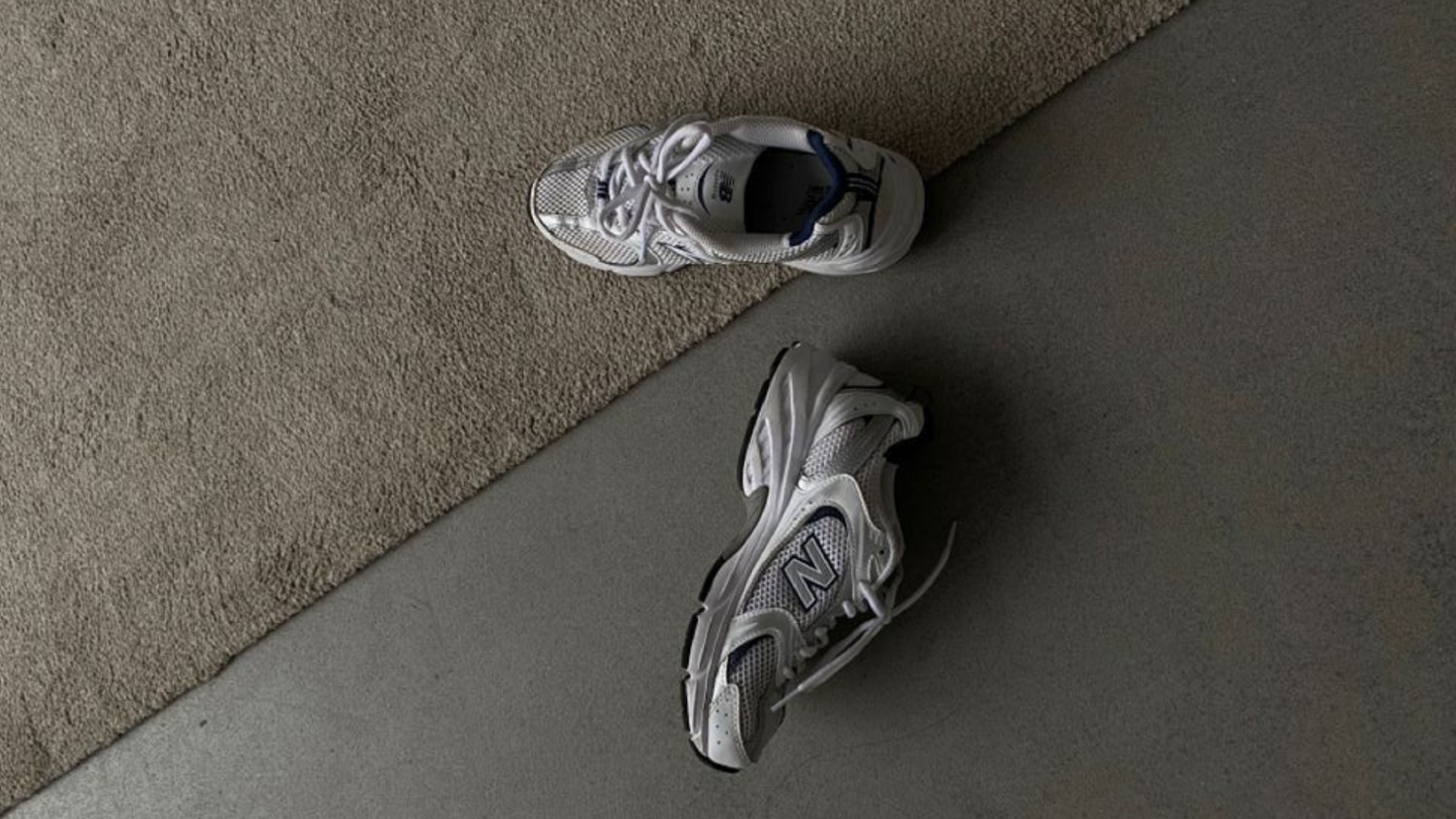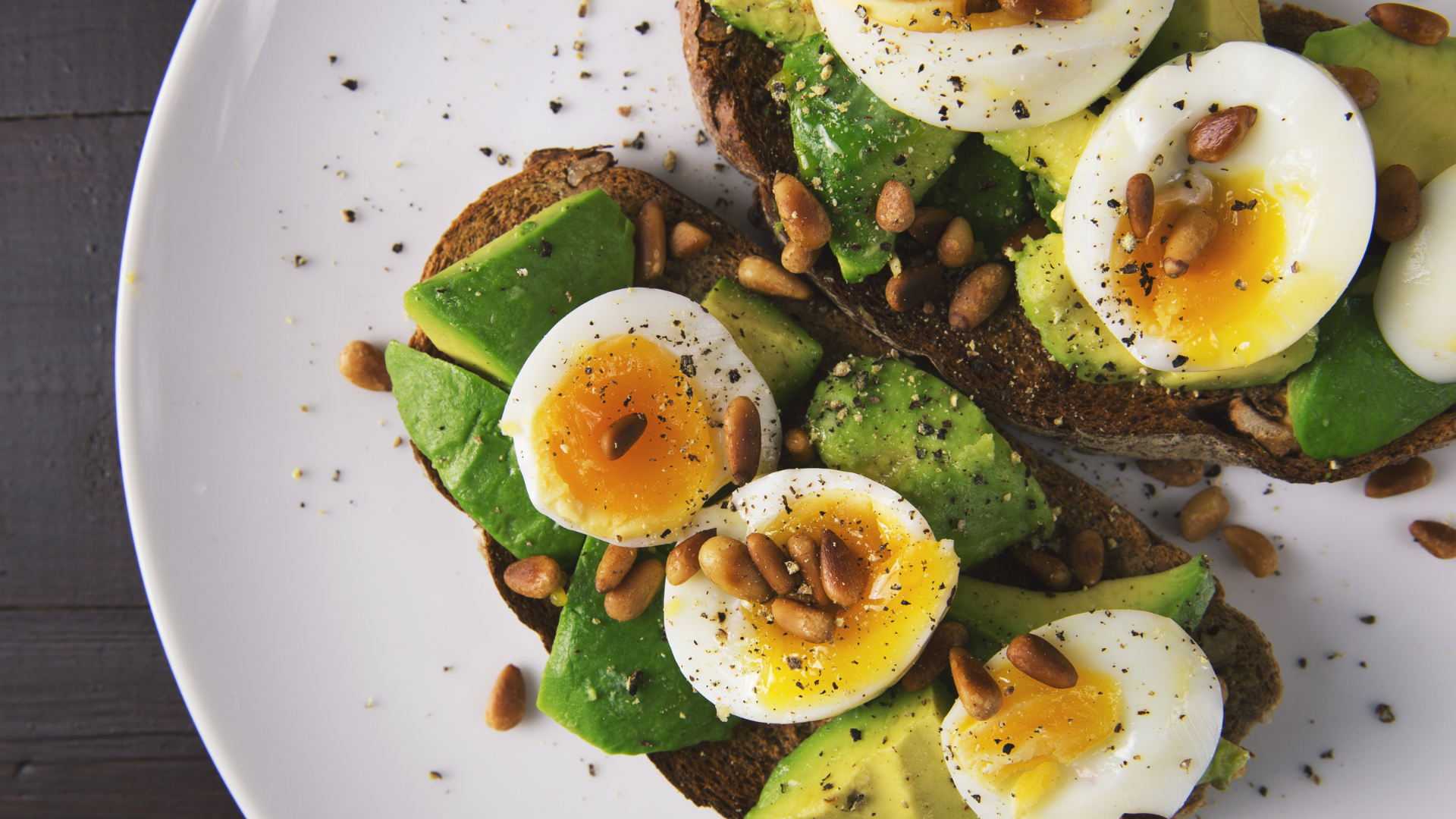Exercise 🏃🏽♀️ is essential for a healthy and happy life. ✨
It helps us stay fit and vital, strengthen our bones and muscles, and keep our brains healthy. But what impact does exercise have on our gut health ?

👉 The positive aspects
First and foremost, moderate exercise can improve the health and function of our intestines!
Moderate exercise, such as brisk walking 🏃🏽♀️ or cycling 🚴♀️ , can improve bowel movement, which in turn aids digestion and can reduce symptoms such as bloating and fullness.
Regular exercise improves the diversity of our intestinal microbiome
Physical activity can increase the range and number of bacteria 🦠 in our gut, leading to a greater diversity of gut microbes. A greater diversity of our gut microbes leads to better health and a stronger immune system 💪🏽 , thus helping to prevent disease.
Exercise can help with stress management
Exercise can help manage stress, which can significantly impact our gut health through the gut-brain axis, the connection between our brain and our gut bacteria. Through this communication within the body, chronic stress can disrupt the normal function of our digestive system and lead to a range of digestive problems, including bloating, constipation, diarrhea, and abdominal pain.
👉 But: Don't overdo it
Pay attention to training intensity
When we engage in high-intensity exercise ( like sprinting, rowing, or CrossFit), it can have the opposite effect. The intensity of such exercises can divert blood flow from the gut to the lungs, brain, and muscles we use instead. This means our gut can move less, which unfortunately leads to symptoms like reflux, nausea, diarrhea, and possibly even vomiting in some people.
Please drink enough if you exercise regularly
Similar symptoms can also be caused by insufficient fluid intake . Fluid needs increase depending on the type, intensity, and duration of exercise. If we don't increase our fluid intake accordingly, we are at greater risk of dehydration. Dehydration can lead to reduced intestinal muscle movement, which slows digestion and potentially leads to symptoms like constipation or bloating.
How to exercise for optimal intestinal health
🏃🏽♀️ Try increasing your training intensity and duration gradually to give your gut time to adjust.
It's also important to find a sport you truly enjoy! Ultimately, the benefits of exercise and physical activity for your gut health depend on your consistency. Let's face it: Waking up at 6 a.m. every morning to do a HIIT workout isn't a sustainable, long-term solution. Instead, be flexible and find something you enjoy and feel like doing every day—that's the only way to stay motivated.
🍟 Avoid large meals before training.
Reduced blood flow due to exercise (especially during more intense training) can lead to nausea and other intestinal disturbances. As a general rule of thumb, you should wait at least two hours after a large meal.
🧘🏽♀️ Recover like a pro.
Hydration is an important part of post-exercise recovery, but nutrition is also very important. Make sure your meals include:
🐟 Protein (e.g. fish, eggs, dairy products, tofu, chicken) for muscle building,
🌾 Carbohydrates (e.g. whole grain products, pulses) to replenish energy stores,
🫒 healthy fats (e.g. virgin olive oil, avocados, nuts, seeds, tahini, nut butter)
🥗 and lots of colorful vegetables (e.g. lettuce, peppers, zucchini).
☕️ Consume caffeine in moderation. Caffeine can enhance athletic performance, but too much can stimulate bowel movements. Try a single shot of espresso in your coffee of choice or with a little milk to reduce caffeine absorption. Slow absorption = less chance of triggering an urgent bowel movement.
👉 Exercise and sport are great for improving your gut health if you find out what is good for you and your gut 😊
In our last blog entry we give you 6 tips to optimally support your digestion .




Leave a comment
This site is protected by hCaptcha and the hCaptcha Privacy Policy and Terms of Service apply.